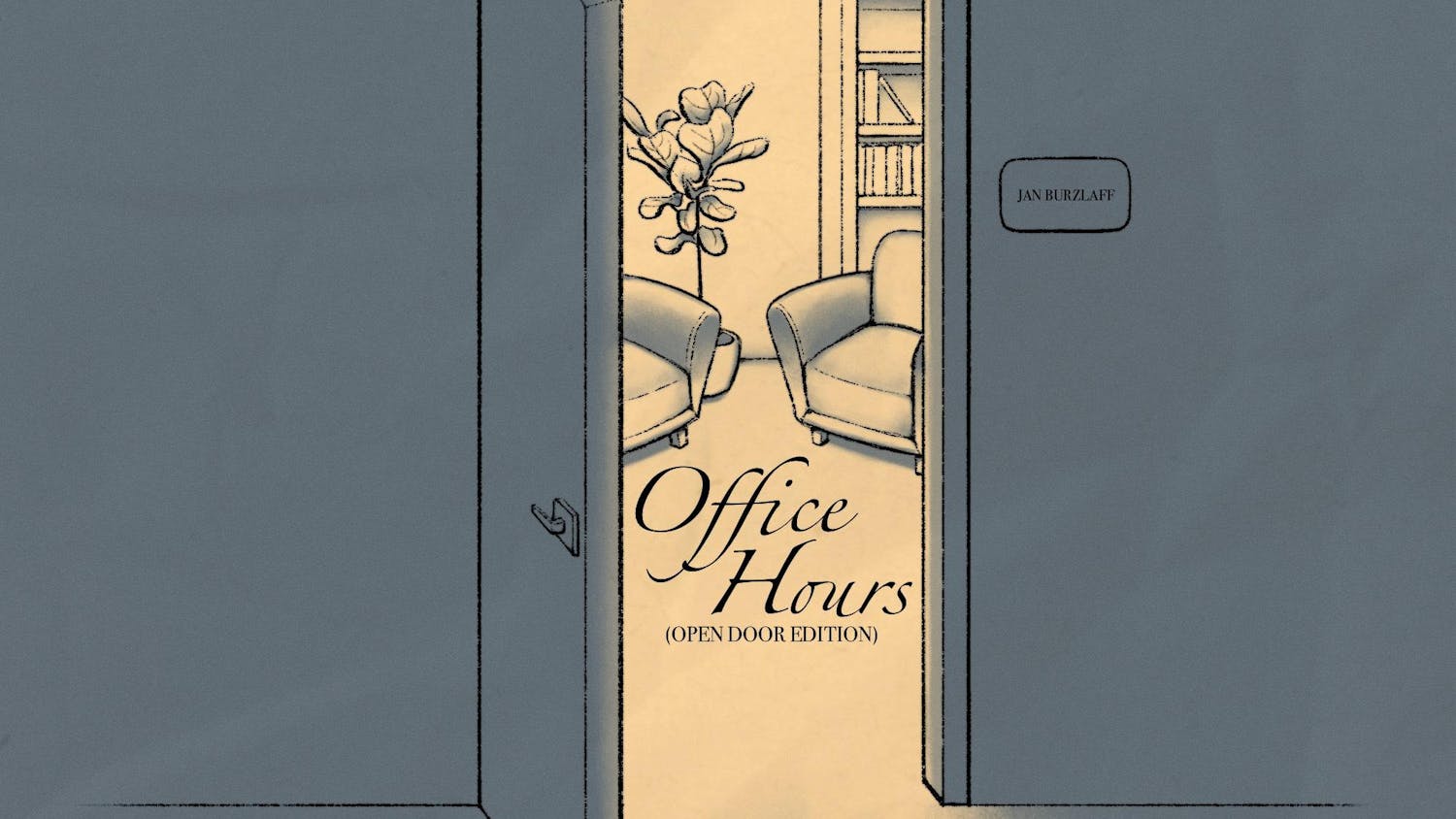Last Wednesday afternoon, one of my classes began unusually: My professor opened the floor for questions about the $1 billion cut to Cornell’s federal grants, of which students were informed by a mysteriously brief letter from President Michael Kotlikoff just the night before. For thirty minutes, a handful of questions arose: How would the budget cut impact students’ lives directly? What was the money even used for? Would the land-grant colleges face repercussions? Will a lawsuit be filed? While a few of these questions could be answered, my professor had recognized the administration’s lack of transparency and had attempted to bridge this gap through the makeshift forum.
A week later, these questions are still unanswered by the university, and students — rather troublingly — are left out of the loop. Perhaps even more alarmingly, however, is that the number of my classes that have addressed the budget cut remains a measly one. While it is obvious that the university needs to be transparent with students with such seismic shifts, it is equally as important that professors tackle this topic and engage with students during class. And most critically, students themselves need to care — something I dare say a lot of us have forgotten to do.
College is a cell: If you are able to pass through the selective membrane, you are immersed in a smaller, unique sociality that is separated from the outside; simultaneously, it is still a member of a larger body, ecosystem and environment. Regardless of how involved one might be in local communal affairs, national politics or even in cosmopolitan tastes and trends, it is indisputable that university remains a somewhat sheltered bubble: time seems untouchable, home becomes a concept and the grit of academia dictates our everyday thoughts, lives and actions. Thus, within this pocket of the planet, it is easy to forget the implications the “outer” world has directly on us.
I am a victim of this self-inflicted curse of oblivion and ignorance. While I cannot speak for all my Cornell peers, I did not sit at my desk and ponder the overarching consequences of the budget cut, but instead proceeded with my homework due the following day. Startling in retrospect, but explanatory at the time, my course syllabus proved to be more important than the news stories and emails lighting up my phone. At that moment, I became what I despised the most: a performer, forfeiting awareness for routine.
To a certain extent, we are all performers; under Cornell’s name — in which 51 percent of students identify as liberal —people flaunt “woke” stances or post “I Voted” stickers on Instagram. Yet to what extent is this more than a digital act? Is the larger student body truly politically aware or active? Why is it that, compared to the discourse on social media, conversations surrounding such topics are muted and veiled in person? As one who frowns upon the budget cut myself, I still actively chose to sideline the issue by prioritizing my personal well-being as a student. How many other students are doing the same?
In the past month, The Sun’s Opinion section has been riddled with fiery, frustrated letters urging the university and the student body to defend higher education against Trump’s attack. I wonder, however, if these calls for action are falling on deaf ears? How much of the student body would actually speak or act on this issue, especially with prelims and essays inching closer every week? Given that within the past 30 days the average visit time on The Sun’s website has been one minute and 11 seconds — perhaps long enough for a nonchalant skim — it seems that my concerns are not faulty. When stuck in this realm called college which is locally governed by grades and books, students forget that we are all cogs in a larger system. Ignorance has become normal, and eventually, care — one that is raw and invigorating — runs thin.
Had my professor not dedicated class time for a discussion on the budget cut, I would probably not even be writing this article. Yet by doing so, they had reminded me that while I am a student, I am a citizen and adult first, and more importantly, they had re-rooted the classroom into our current times — a rarity despite the dozens of classes I had taken throughout my four years. After all, is that not what classes and university are for? To remind us of our duties as burgeoning citizens of the world? To spur our thoughts forward, and to spark discourse? To tackle the uncomfortable, because after all, how will change birth from passivity and leisure?
So, students and professors: What are we waiting for? Let’s propel this discussion forward — I’m sure Shakespeare and the periodic table would not mind waiting a little bit.
Serin Koh is a fourth year student in the College of Arts and Sciences. Her fortnightly column And That’s the Skoop explores student, academic and social culture, as well as national issues, at Cornell. She can be reached at skoh@cornellsun.com.
The Cornell Daily Sun is interested in publishing a broad and diverse set of content from the Cornell and greater Ithaca community. We want to hear what you have to say about this topic or any of our pieces. Here are some guidelines on how to submit. And here’s our email: associate-editor@cornellsun.com.











